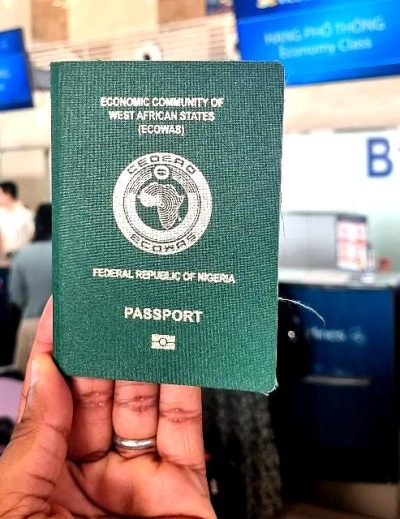
South Africa bets on AI to create a new digital visa
South Africa is set to launch an AI-powered Electronic Travel Authorisation (ETA) aimed at streamlining entry for visitors and shaking off the country’s reputation for slow visa processing. Officials say the system will be phased in from late 2025, beginning with select markets, before a full rollout in 2026.
A shift to predictive tech
For years, travellers and businesses have criticised South Africa’s visa as cumbersome and unpredictable. Paper forms, in-person submissions and long waits have often discouraged tourists, film crews and investors.
While an e-visa system already exists for some nationalities, the new digital visa is designed to be a more comprehensive, digital-first solution. Using artificial intelligence and machine-learning tools, the platform will allow applicants to upload passports, photos and supporting documents online.
Another key feature is its integration with an upgraded Electronic Movement Control System, which will use facial recognition technology at ports of entry. This is said to ensure seamless arrivals.
The authorisation will initially target travellers from China, India, Indonesia, and Mexico at OR Tambo and Cape Town International Airports. Once proven, it will extend to all visa-required markets and more ports of entry.
RELATED: How bilateral tourism could strengthen Africa’s economic standing
A continental trend: easing travel in Africa
South Africa’s move to modernize its visa process is part of a broader, continent-wide trend. African countries are increasingly recognizing the immense potential of tourism and are taking concrete steps to ease travel restrictions. This is a critical development, as the 2024 Africa Visa Openness Index indicates that nearly half of all intra-African travel still requires a visa.
Countries like Rwanda, Kenya, Ghana, and Benin have been at the forefront of this movement, offering visa-free or visa-on-arrival access to citizens from many other African nations. Burkina Faso recently joined this trend by waiving visa fees for all African travellers. These policies not only boost tourism but also facilitate cross-border trade, investment, and cultural exchange, which are vital for economic development and the realization of the African Continental Free Trade Area (AfCFTA).
Success will depend on execution, robust servers, clear guidance, and strong privacy protections will be essential.









Leave a Reply